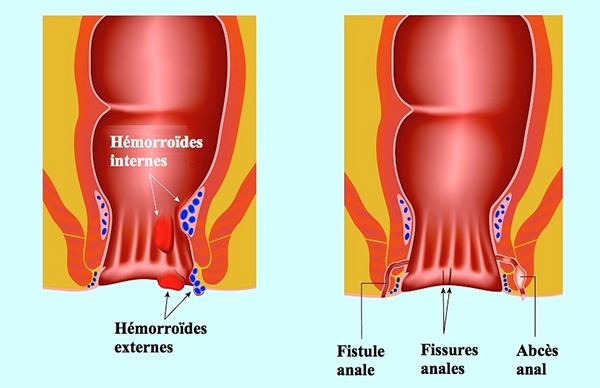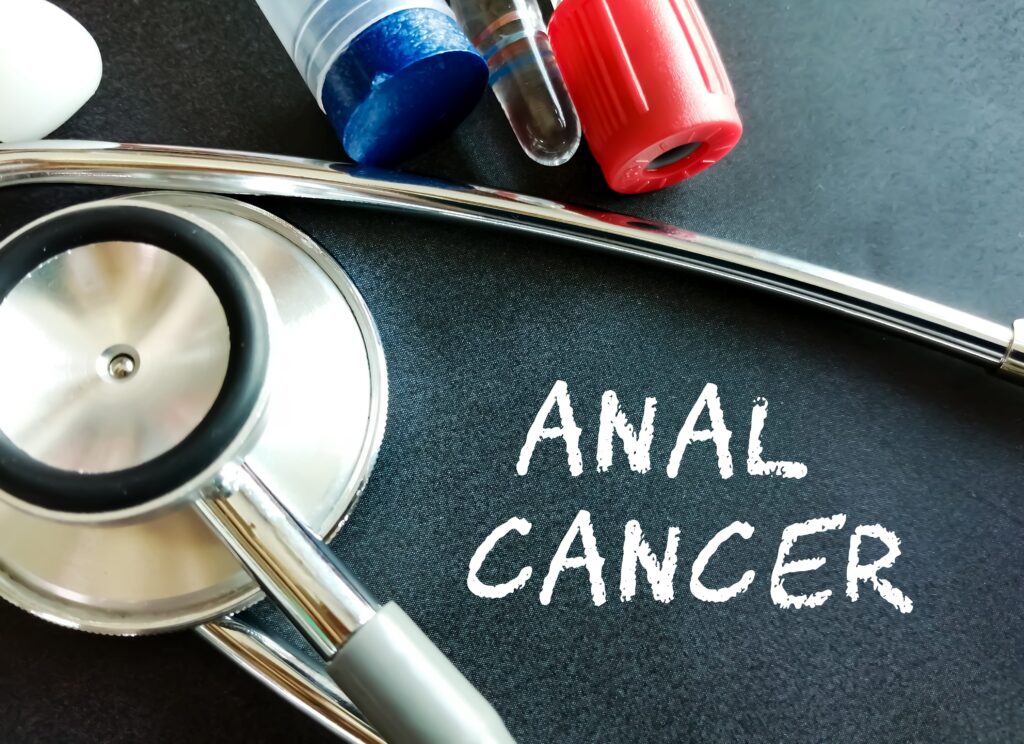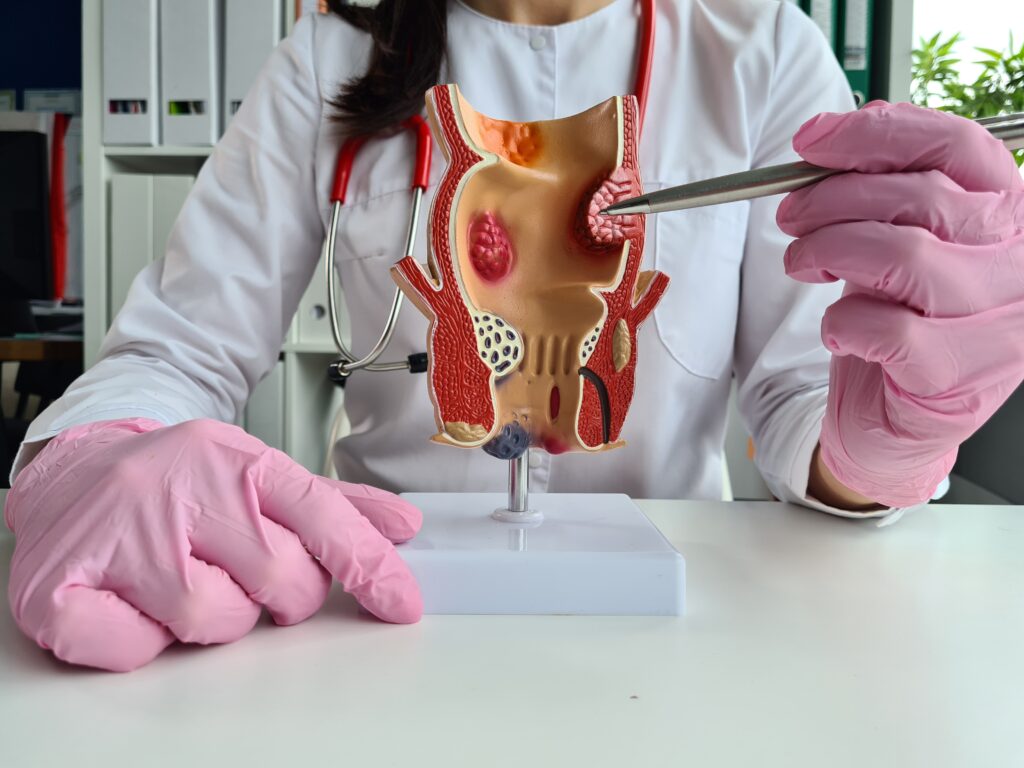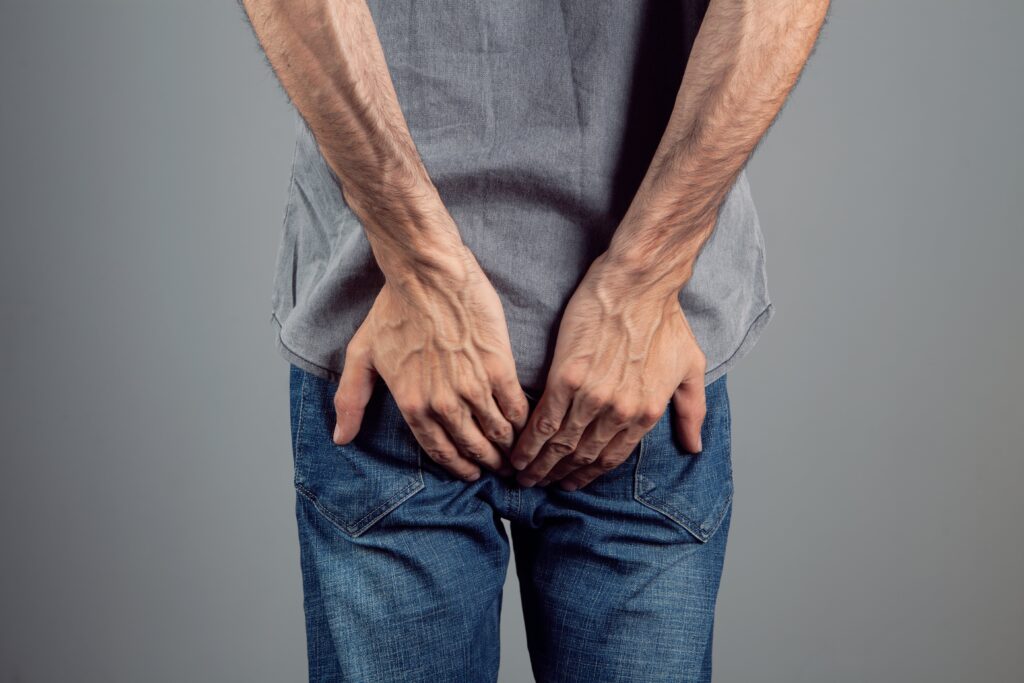Proctology : Definition, pathology and consultation
Medical specialty focused on the treatment of anal and rectal diseases

Proctology – Specialty of gastroenterology
Proctology is a specialty of gastroenterology that is concerned with the diagnosis and treatment of diseases of the anus and rectum.
The proctologist carries out various medical examinations in order to detect the origin of the symptoms and then to make a precise diagnosis: first of all, a routine anorectal examination such as: the rectal examination, rectoscopy, anuscopy, etc. Then, if necessary, various examinations such as: biopsy, endoscopy, Hemoccult, etc.
Finally, it may be necessary to carry out various complementary examinations depending on the pathology, in particular: functional rectal exploration (defecography, anorectal manometry, electromyography, etc.), samples (blood or local), imaging examinations (colonoscopy, scanner, echoendoscopy, etc).
In order to be able to work in a proctology department, it is essential for all medical students to obtain the DES (Diploma of Specialised Studies) in gastroenterology. This is after 6 years of study in medicine (common core) and then 4 years of internship specialising in hepato-gastroenterology.
What are the pathologies sought in proctology?
The proctologist is able to detect many conditions. Among the main pathologies detected in proctology are :
1. Anal cancer
Anal cancer or anal cancer rarely appears, it can be present even without the presence of major symptoms, which tends to delay the diagnosis, despite its accessibility to the examination.
In order to obtain an effective diagnosis, it is important to carry out a careful proctological examination when there is an appearance of symptoms in the anal region and with biopsy of any suspicious lesions.

2. Rectal cancer
Rectal cancer is a disease in which malignant (cancerous) cells form in the tissue of the rectum. Thus, it is in the mucosa of the rectum that it develops (glandular cells). In most cases, the adenomatous polyp is the cause of this condition. This benign tumour slowly develops into cancer. The rectum is part of the digestive system and, together with the anal canal, forms the last part of the large intestine.
Colonoscopy is used to diagnose rectal cancer. The colon and rectum are examined.
3. Anal fissure
Located on the wall of the anal canal, anal fissure is a small crack, crevice, or superficial lesion. Cracks are often due to lesions of the lining of the anus (part located at the end of the large intestine), these lesions occur as a result of hard or large poop tearing the lining of the anal canal. There may also be less common causes like inflammatory bowel disease, anal infections, tumors, etc.
To treat anal fissure, medical treatment will first be offered. However, if this treatment is ineffective, surgery should be considered.
It is therefore important to consult a gastroenterologist if you think you have it.
4. Hemorrhoids
Hemorrhoids are veins in the anus that become enlarged due to poor circulation (poor venous return). These dilated veins form in the anus or lower rectum. Haemorrhoids can be internal (inside the rectum) or external (around the anus, under the skin). Surgery is considered when troublesome symptoms occur too often, repeatedly.

5. Condyloma
Caused by the human papillomavirus (HPV), these are genital warts in the form of round bumps, they are usually located on the skin outside or inside your vagina / penis and / or your anus , it is a sexually transmitted and very contagious virus. You are more likely to get it if you have had multiple sexual partners. Condyloma can develop into pre-cancerous lesions, which is why surgery may be considered.
6. Rectal prolapse
Rectal prolapse occurs when the rectum loses its attachments inside the body and protrudes from the anus. Thus, the lower part of the rectum descends, leading to many symptoms. In particular, the patient complains of constipation and problems with anal continence. This can happen at any time. However, the exact causes of this condition are unknown.
It is usually treated by surgery.
7. Anal fistula
Anal fistula occurs as a result of an infection of the anal glands. This infection manifests itself as an abscess in the anal area. Thus its development takes place in several stages:
- First, a gland (morgagni crypt) at the top of the anal canal becomes infected, then suppuration occurs and spreads to the muscles and tissues surrounding the anal canal. Finally, the spread reaches the skin surrounding the anus, resulting in an abscess.
The pain caused by anal fistula is severe. To treat anal fistula, it is imperative to undergo surgery to remove the fistula pathway.
8. Sacrococcygeal cyst
Sacrococcygeal cyst, also known as pilonidal cyst, is an infection located at the top of the gluteal fold. It is a very common and benign condition. It usually affects young people: children, adolescents and young adults. The condition is caused by malformation or trauma.
The sacrococcygeal cyst forms when a hair passes through the skin of the gluteal groove. As a result, inflammation occurs and a cyst is created. This cyst can also develop into a fistula and require emergency surgery.
There are different types of surgery that can be used, such as minimally invasive surgery, closed heart surgery and microsurgery.
Pilonidal cysts are very painful for patients and make sitting almost impossible.
When should I have a proctology consultation?
Depending on the symptoms observed, a proctology consultation is essential. Indeed, the various pathologies mentioned above can lead to disorders or pain in the anus and rectum.
Many symptoms should alert you and lead you to consult a proctologist, in particular :
- Itching,
- anal pain,
- rectal bleeding,
- continence disorders,
- pus discharge,
- descent of the rectum,
- fatigue due to weight loss,
- transit disturbances (constipation, diarrhea, abdominal pain, perpetual feeling of heaviness in the intestine, etc).
Therefore, if you notice one or more of these symptoms, you should definitely get medical advice and receive a proctology examination.

Consult a proctologist in Brussels
If you need to consult a proctologist in Brussels, you can go through our DDG clinic, located in Ixelles, in the heart of Belgium: 90 avenue du Bois de la Cambre, 1050 Brussels. We specialise in gastroenterology. Our large multidisciplinary team is composed of many professional doctors.
The DDG Gastroenterology Centre is made up of no less than ten gastroenterologists, ten anaesthetists, two radiologists, three surgeons and many other doctors, including a psychologist, a nutritionist, a physiotherapist, an endocrinologist and nurses. All this is done to provide the best possible care to all our patients.
Moreover, our entire team is caring and fully committed to your needs. Our main objective is your satisfaction as well as your recovery!
If you would like to have a proctology consultation or examination, you can contact us!


